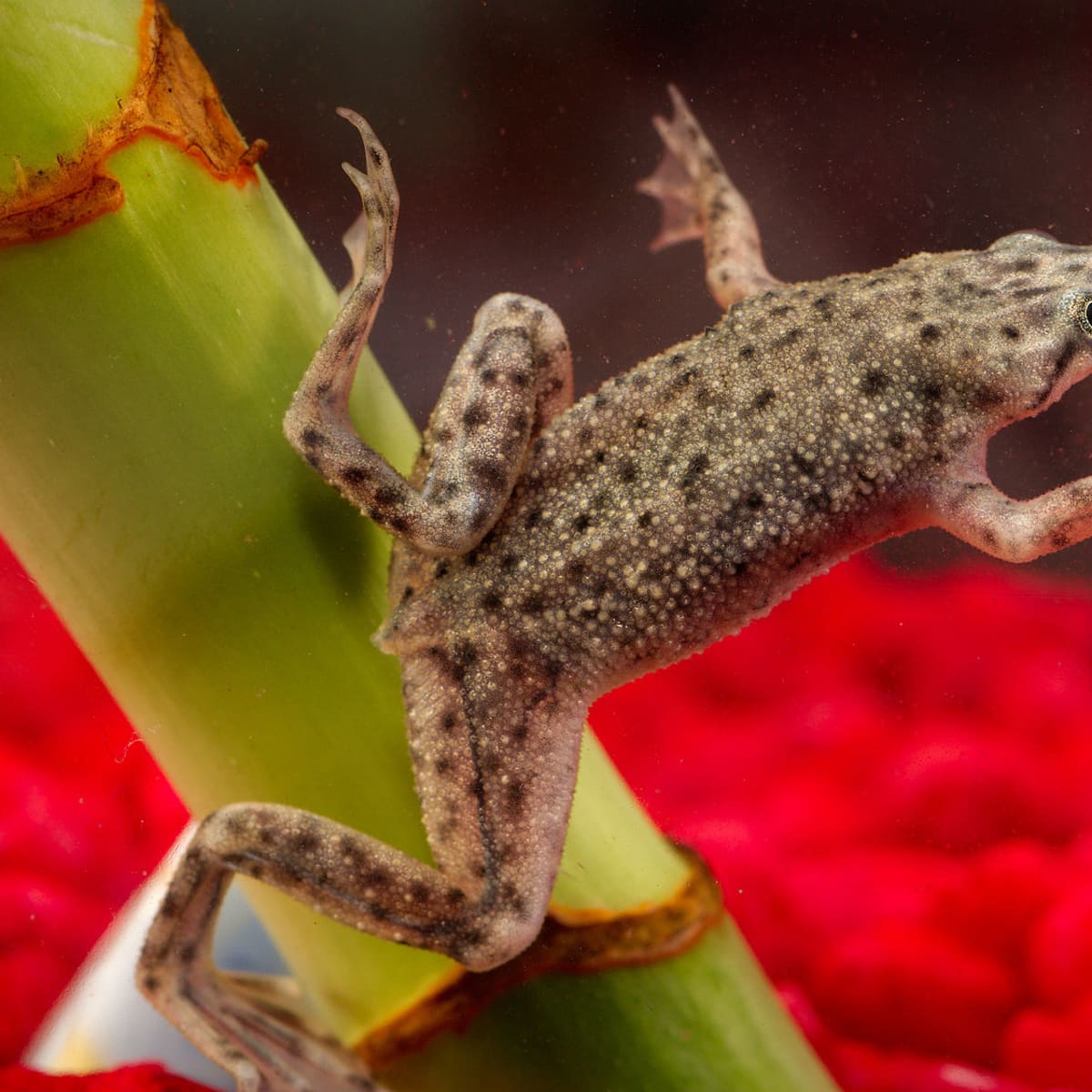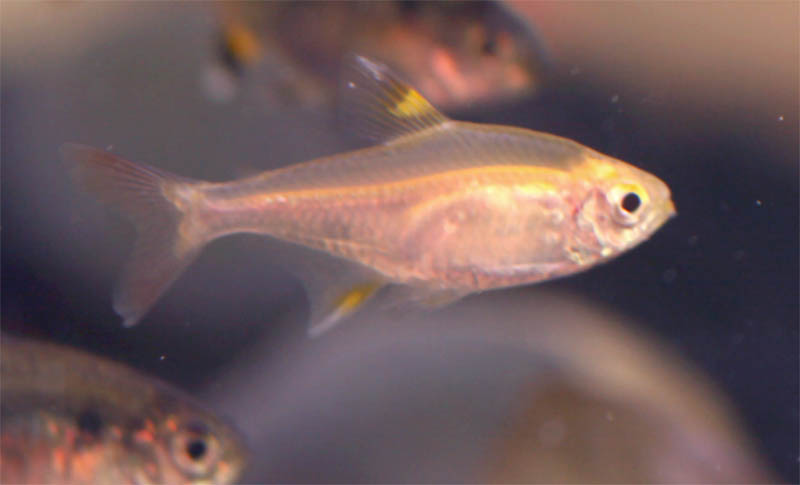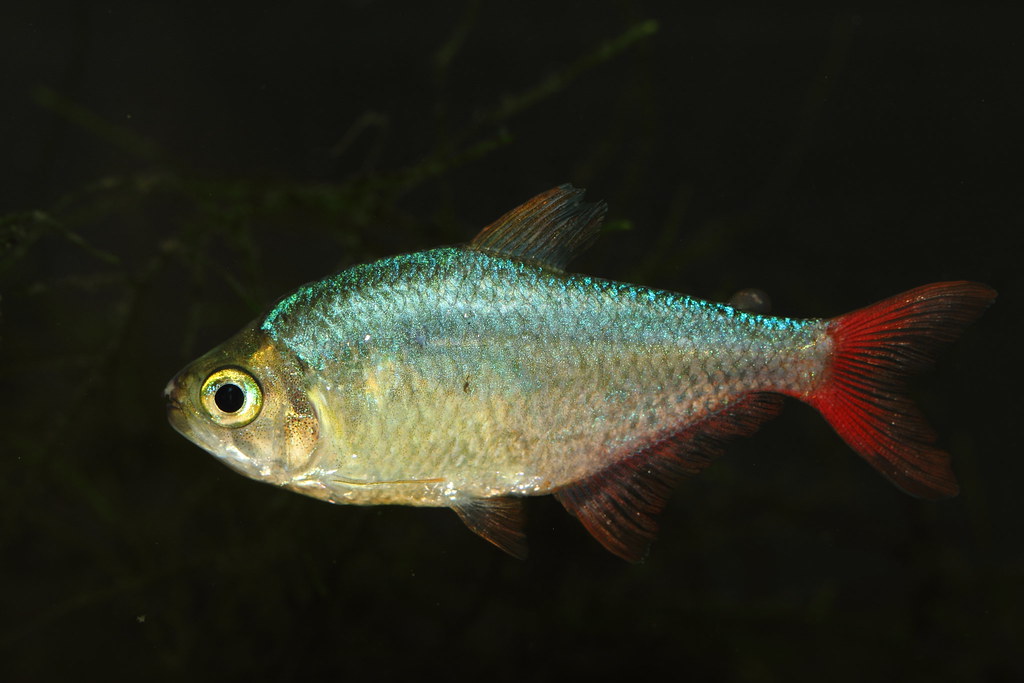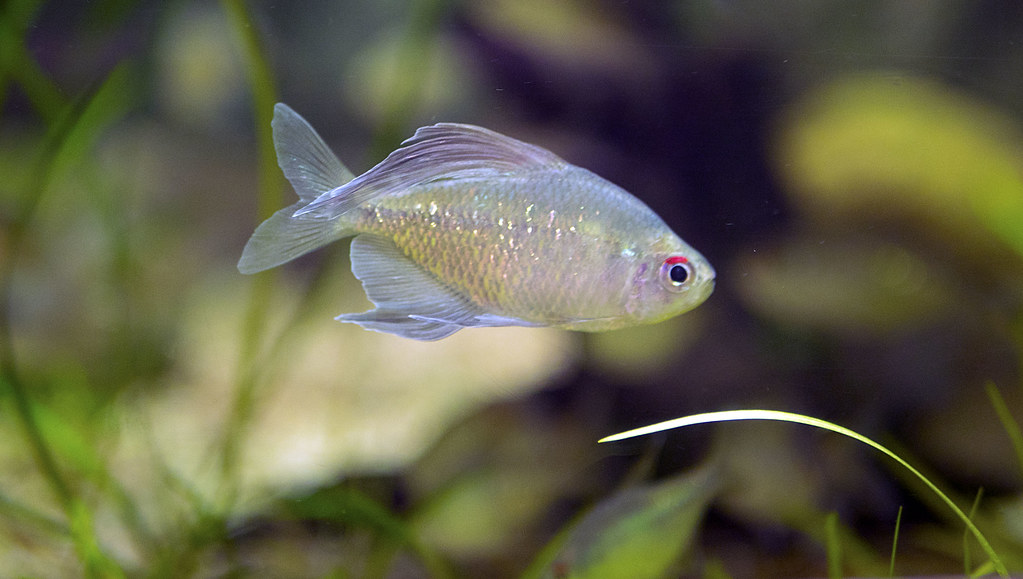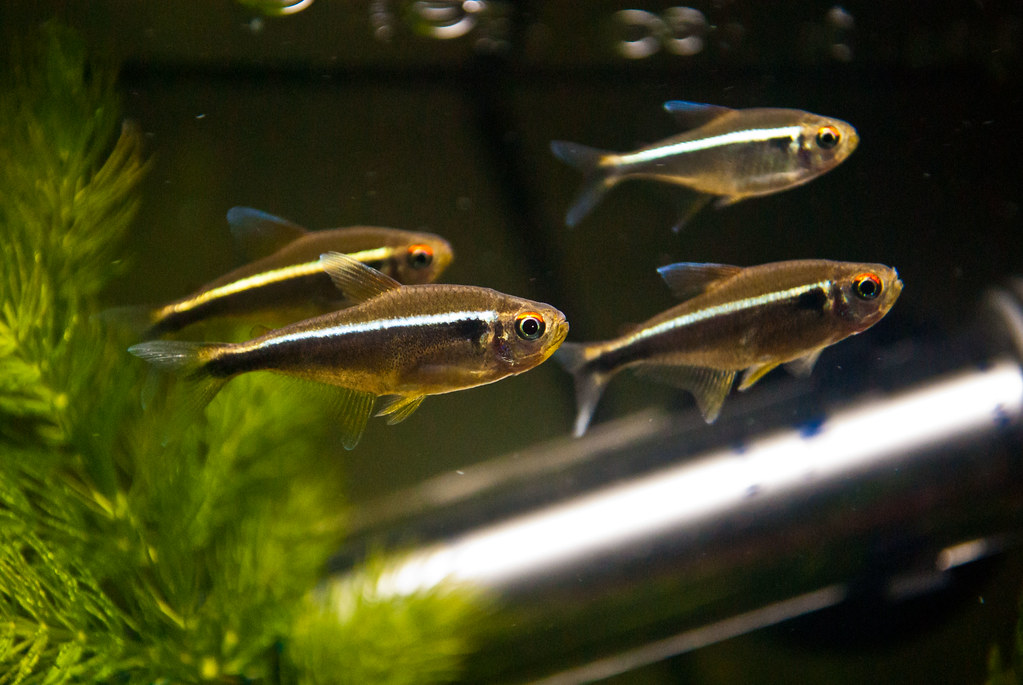African dwarf frogs do make noise, specifically humming or buzzing sounds, to attract mates or show excitement, primarily during mating periods. Male African dwarf frogs typically sing at night to attract female frogs.
This behavior is associated with their natural instincts for reproduction. African dwarf frogs singing is a fascinating and unique characteristic of these aquatic creatures. They use sounds as a form of communication in their natural habitat. Understanding their behaviors and vocalizations helps us gain insight into their fascinating lives.
Let’s delve deeper into the reasons behind their singing and explore other intriguing aspects of African dwarf frogs.
Table of Contents
The Natural Symphony: Understanding The Sounds Of African Dwarf Frogs
African Dwarf Frogs are known to make noise by producing a humming or buzzing sound, often during mating periods. These sounds serve as a way to attract mates or express excitement.
African Dwarf Frogs may not be the first creatures that come to mind when you think of noise-making animals, but these tiny amphibians have quite the vocal abilities. Let’s delve into the world of African Dwarf Frogs and explore the reasons behind their unique sounds.
Exploring The Purpose Behind African Dwarf Frogs’ Noise-Making Behavior:
- African Dwarf Frogs make noise primarily to attract mates or express their excitement.
- This behavior is most commonly observed during the mating season.
- Male frogs often sing to attract female frogs, usually at night when the symphony of their calls fills the air.
Factors That Contribute To Their Vocalizations:
- African Dwarf Frogs produce sounds as a means of communication and expression.
- Several factors contribute to their vocalizations, including mating rituals, establishing territory, and communicating distress or danger.
Mating Season And Attracting Mates:
- During the mating season, male African Dwarf Frogs produce sounds to attract potential mates.
- By emitting a humming or buzzing noise, male frogs hope to grab the attention of female frogs and demonstrate their readiness to reproduce.
Establishing Territory:
- African Dwarf Frogs also use their vocalizations to mark and defend their territory.
- By vocalizing their presence, they warn other frogs that the territory is already claimed.
Communicating Distress Or Danger:
- In addition to attracting mates and establishing territory, African Dwarf Frogs use their sounds to communicate distress or danger.
- When threatened or in an uncomfortable situation, they may emit chirping or croaking sounds as a warning to other frogs.
Examining The Types Of Sounds They Produce:
African Dwarf Frogs produce various sounds that serve different purposes. Let’s take a closer look:
Humming And Buzzing Noises:
- Male frogs emit a unique humming or buzzing sound during the mating season to attract female frogs.
- This characteristic noise is a trademark of their courtship behavior.
Chirping Or Croaking Sounds:
- When faced with danger or distress, African Dwarf Frogs may emit chirping or croaking sounds as a warning signal.
- These sounds can alert other frogs in the vicinity to potential threats or unfavorable conditions.
African Dwarf Frogs may be small in size, but they are certainly not silent creatures. Their vocal abilities serve important purposes, such as attracting mates, establishing territory, and communicating distress. So next time you hear a symphony of noises coming from a frog pond, remember that it’s the natural sound of African Dwarf Frogs in action.
Decoding The Language: Interpreting The Vocalizations Of African Dwarf Frogs
African Dwarf Frogs are known to make noise, particularly during mating seasons. They produce a humming or buzzing sound to attract mates and show excitement. This behavior is exclusive to male frogs and usually occurs at night.
African Dwarf Frogs, although small, have a surprising ability to communicate through vocalizations. These tiny amphibians produce a variety of sounds for different purposes, allowing them to convey their needs, emotions, and intentions to other frogs in their environment. In this section, we will explore the meanings behind their various sounds and shed light on the fascinating world of African Dwarf Frogs.
Understanding The Meanings Behind Their Various Sounds:
- Mating calls and courtship rituals:
- Male African Dwarf Frogs produce distinct vocalizations to attract potential mates. These mating calls are often described as a rhythmic humming or buzzing sound. The intensity and duration of the calls can vary depending on the individual and the environment.
- Female African Dwarf Frogs may respond to the male’s mating calls with their own vocalizations, indicating their interest and receptiveness to courtship.
- Alarm calls and distress signals:
- African Dwarf Frogs can emit high-pitched chirping sounds as an alarm call or distress signal. These calls are usually shorter and more rapid compared to their mating calls. The purpose of these vocalizations is to alert other frogs in the vicinity of potential danger or stressful situations.
- Vocalizations during feeding and exploration:
- African Dwarf Frogs can produce clicking sounds while feeding or exploring their surroundings. These clicks are thought to serve as a way to communicate with other frogs, signaling the presence of food or the discovery of interesting objects.
Factors That Can Influence The Interpretation Of Their Sounds:
Environmental conditions:
- The acoustics of the environment can affect the clarity and range of the frog’s vocalizations. Factors such as water temperature and quality, as well as the presence of obstacles or other noise sources, can impact the transmission and reception of the sounds.
Social interactions and hierarchy within a group:
- African Dwarf Frogs are social creatures and their vocalizations can play a role in establishing and maintaining social hierarchy within a group. The vocalizations can convey dominance, submission, or territorial claims.
African Dwarf Frogs use vocalizations as a vital means of communication. From mating calls to distress signals, their diverse repertoire of sounds reveals a complex language that allows them to interact, attract mates, and signal potential dangers. Understanding and interpreting these vocalizations provide valuable insights into the social dynamics and behavior of these fascinating creatures.
Note: African Dwarf Frogs should be observed and handled with care. Avoid excessive handling, as it can cause stress and discomfort to the frogs.
The Science Behind The Sounds: How African Dwarf Frogs Produce Noise
African Dwarf Frogs do make noise, primarily to attract mates or express excitement. They produce a humming or buzzing sound, especially during mating periods. Male frogs usually sing at night to attract female frogs.
Anatomy Of The Vocal Apparatus In African Dwarf Frogs
- African Dwarf Frogs possess a unique vocal apparatus that enables them to produce sounds.
- Their vocal apparatus consists of air sacs, vocal cords, and muscles that control sound production.
- The air sacs act as resonating chambers, amplifying the sound produced by the vocal cords.
- The vocal cords vibrate to create sound waves, which are then emitted as vocalizations.
- Understanding the anatomy of this vocal apparatus helps us explore how African Dwarf Frogs produce noise.
Insights Into The Mechanism Of Sound Production In Frogs
- Sound production in frogs is a complex process that involves several anatomical and physiological mechanisms.
- In African Dwarf Frogs, sound is produced through a process known as vocalization.
- Vocalization occurs when the vocal cords vibrate rapidly, creating sound waves.
- These sound waves are then amplified by the air sacs, resulting in audible vocalizations.
- The mechanism of sound production in African Dwarf Frogs is fascinating and worth exploring further.
Importance Of Air Sacs And Vocal Cords In Creating Vocalizations
- Air sacs play a crucial role in producing vocalizations in African Dwarf Frogs.
- The air sacs act as resonating chambers, amplifying the sound produced by the vocal cords.
- They help to create louder and more distinct vocalizations, essential for communication and mating purposes.
- The vocal cords, on the other hand, are responsible for generating the initial sound waves.
- The vibrations of the vocal cords produce the basic sound, which is then modified by the air sacs.
- The coordinated functioning of the air sacs and vocal cords is essential for the production of vocalizations in African Dwarf Frogs.
Remember that the information provided is just for the subheading “”. There may be additional information related to the main topic of the blog post.

Credit: www.youtube.com
Conservation And Protection: The Significance Of Noise-Making In African Dwarf Frogs
African Dwarf Frogs do make noise, particularly during mating periods, to attract mates or show excitement. They produce a humming or buzzing sound, mostly done by male frogs at night to attract female frogs.
African Dwarf Frogs play a crucial role in maintaining the balance of the ecosystem through their vocalizations. Let’s explore how their noises contribute to conservation and protection efforts:
- Highlighting the ecological role of their vocalizations in maintaining balance in the ecosystem:
- The sounds produced by African Dwarf Frogs serve as important communication tools within their habitat.
- These vocalizations help establish territories and attract mates, promoting successful reproduction and population growth.
- By expressing their presence through noise-making, African Dwarf Frogs contribute to the overall biodiversity and ecological stability of their environment.
- Implications for habitat conservation and restoration efforts:
- Understanding the vocalization patterns of African Dwarf Frogs can aid in identifying suitable habitats for their conservation.
- Monitoring and preserving these habitats ensures the survival and well-being of not only the frogs themselves but also the other species that depend on them.
- Restoration programs can further benefit from this knowledge by creating suitable habitats that support vocalization behaviors and foster healthy ecosystems.
- The importance of understanding these sounds for captive breeding programs:
- Captive breeding programs play a vital role in conserving endangered species like African Dwarf Frogs.
- By studying and replicating their vocalizations in captivity, breeders can improve the success rates of reproduction.
- This understanding helps ensure that captive populations are genetically diverse and that individuals are equipped with the necessary skills to survive in the wild if reintroduced.
Remember, African Dwarf Frogs’ vocalizations are not just fascinating sounds; they hold significant conservation and protection implications. By appreciating and studying their noises, we can contribute to the long-term survival of these unique amphibians and the ecosystems they inhabit.
Frequently Asked Questions Of Do African Dwarf Frogs Make Noise
Why Do African Dwarf Frogs Make Noises?
African dwarf frogs make noises to attract mates or show excitement. They produce a humming or buzzing sound, mostly during mating periods. Male frogs sing at night to attract females.
How Do I Know If My African Dwarf Frog Is Happy?
A happy African dwarf frog is active, swims frequently, has a strong appetite, and smooth, discolored skin.
Do African Dwarf Frogs Like To Be Held?
African dwarf frogs do not like to be held. They prefer to be observed rather than handled.
Why Do African Dwarf Frogs Burble?
African dwarf frogs burble to give their bodies a break from constant swimming or hiding. It’s like a meditative state for them.
Conclusion
African Dwarf Frogs do make noise, primarily during their mating periods. They produce a humming or buzzing sound, which is their way of attracting mates or expressing excitement. This behavior is more common among male frogs, as they sing at night to attract female frogs.
It’s important to note that African Dwarf Frogs are look-at-me-but-don’t-touch-me pets, so handling them may not be ideal. To determine if your frog is happy, observe behaviors such as being active, swimming frequently, having a strong appetite, and smooth and discolored skin.
Additionally, it is interesting to know that African Dwarf Frogs may also participate in a behavior called “burbling,” where they take a rest from constant swimming or hiding. Overall, understanding the noises and behaviors of African Dwarf Frogs can help create a suitable environment for their well-being.
I am a passionate aquarist with over 30 years of hands-on experience in fishkeeping. My journey began at a young age, collecting fish from the wild and learning through experimentation. Specializing in tropical fish, I bring a deep understanding of the hobby to FishKeepingMadeSimple. The site provides honest, detailed reviews of essential products and accessories to help fellow enthusiasts create the best environments for their fish.

